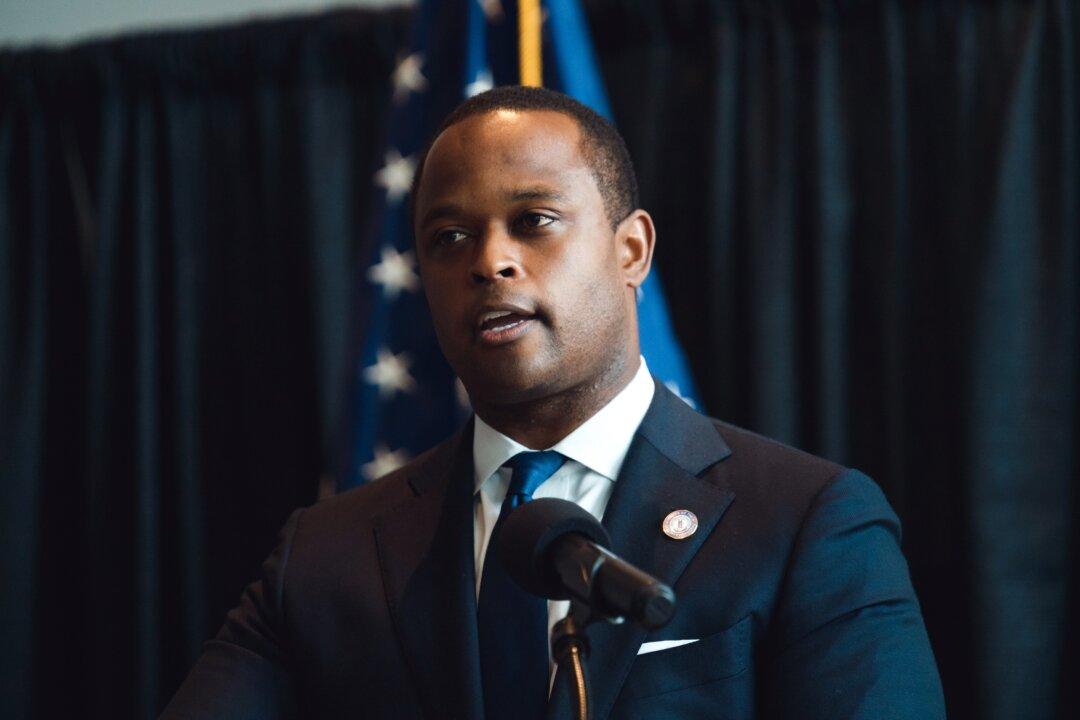Kentucky Attorney General Daniel Cameron on Monday asked the U.S. Supreme Court to weigh in on whether Kentucky’s governor has the authority to shut down in-person classes at religious schools.
“The U.S. Supreme Court has already ruled that religious institutions cannot be treated different than secular activities, and we are asking the court to simply apply the same analysis to the Governor’s disparate treatment of religious schools and other secular activities,” Cameron, a Republican, said in a statement.





